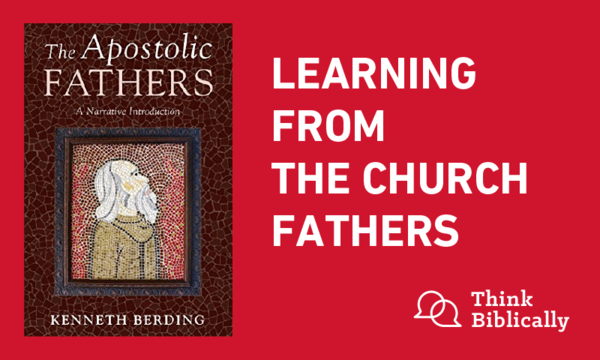Blogs & Podcasts
![]()
Becoming Biola
Explore Life at Biola University![]()
![]()
![]()
Bravo!
Biola University Conservatory of Music![]()
Business. Ministry. Life.
Crowell School of Business![]()
GRIT
a resource collective for women![]()
Opening Question
Torrey Honors College![]()
![]()
Talbot Magazine
Talbot School of Theology![]()
The Faculty Cut
Resources from the Snyder School of Cinema and Media Arts' Industry Professionals![]()
The Good Book Blog
Talbot School of Theology Faculty Blog![]()
Think Biblically
Conversations on Faith and Culture![]()
Winsome Conviction
Cultivating Conviction with Civility
Latest Posts
Rosemead Alumna Pens New Book on Balancing Life and Technology
Doreen Dodgen-Magee, a technology and psychological health expert, offers a new perspective on using tech in today’s digital world
Redeeming Capitalism
with Ken Barnes
My First Job
Laying Our Desires at Jesus' Feet
The Father’s Embrace
a response to The Biola Hour on fatherhood, God-Concept and God-Image
The Inbetween: Exploring my Latinidad
a guest blog post by Melissa Fernanda Valle
The Mega-Trends Impacting the United States
Mega-trends that represent the socio-economic, demographic, environmental, and technological forces
Family Background and Spirituality
with Judy TenElshof
How Rhetoric Impacts Women Leadership in the Pentecostal Church
Communication studies professor, Joy Qualls, authors new book ‘God Forgive Us for Being Women: Rhetoric, Theology, and the Pentecostal Tradition’
Good Grief
a blogpost by Jasmyne Bell
The Truth of Forgiveness
a response to The Biola Hour on forgiveness, healing and the arts
Dialogue with Jordan Peterson
Weekly Q & A with Dr. William Lane Craig
Unexpected Friendships
a blog post by Chantel Barnard
U.S. News Names Biola a Best National University
Biola continues to rise in the top tier of America's best national universities
Learning from the Church Fathers
with Ken Berding
Biola University Welcomes Nearly 1,800 New Students
President Barry H. Corey encourages students to be all-in disciples of Jesus
 Biola University
Biola University


























